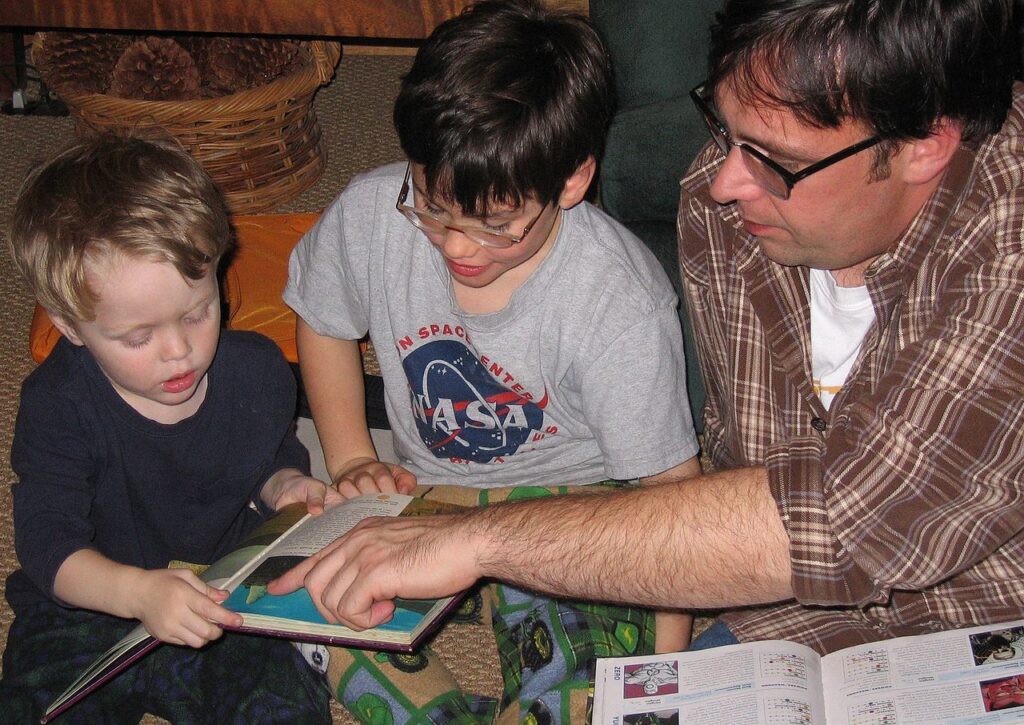North Carolina homeschool parents erupted in anger when David Mills, director of the state’s Department of Non-Public Education, said he planned to randomly visit homeschools across the state for “review of tests results, immunization records, and attendance records showing that schools have operated for nine months.”
Although state law requires annual inspections of school records, parents complained the visits would violate the Fourth Amendment, which forbids warrantless searches of private property.
“Homeschool families should follow the law relating to the keeping of records and their lawful inspection, but should not be compelled to let any government official into their house,” said Lt. Governor Dan Forest (R) in a statement.
After Forest’s objections, Mills’ office released a statement saying no visits have been conducted or are planned. It also said DNPE would conduct visits in a neutral location “such as a church basement” or allow families to submit records by email. Both offices declined to comment on any future plans for site visits.
History of Home Visits
Thirty years ago, when North Carolina legalized homeschooling, state officials visited every home and private school. Today, there are more than 50,000 homeschool students in the state, so with its five staff members DNPE decided to conduct random visits.
The drop-in idea resurfaced this August when homeschool student Erica Lynn Parsons, 15, was reported missing after two years away from her home. Had she been under public school instruction, Parsons would have been reported missing more quickly. This story caused some people to ask about the degree to which homeschoolers are held accountable, said Kevin McClain, president of North Carolinians for Home Education.
McClain says homeschool parents should have welcomed the site visits to maintain their public credibility. Mills’ visits entailed an invitation to families when he visited a particular region of the state. If the meeting time he suggested was inconvenient, parents could decline. Mills told McClain he didn’t even need to go into families’ homes, but could have their discussion on the front porch or in a neutral location.
Before retracting his planned visits, Mills had planned to start with five homeschool families.
Government’s Proper Place
McClain says Mills and the DNPE are the paradigm of good government in this case, not overbearing.
“I have a view of government people struggle with,” McClain said. “I think good government supports the good work of good people. DNPE actually behaves like public servants.”
McClain said he was not surprised by Forest’s negative reaction, since Forest is also a home school parent, but he was surprised about the governor’s strong statements.
Although he recognizes the need for healthy skepticism of an intrusive government, McClain says this department is an exception to the rule.
“There is a long history of positive and respectful relationship [between homeschool families and the] DNPE,” McClain said. “These officials are good. They are deeply invested in the right and freedom to pursue practice that is best for their kids.”
Image by jimmiehomeschoolmom.




